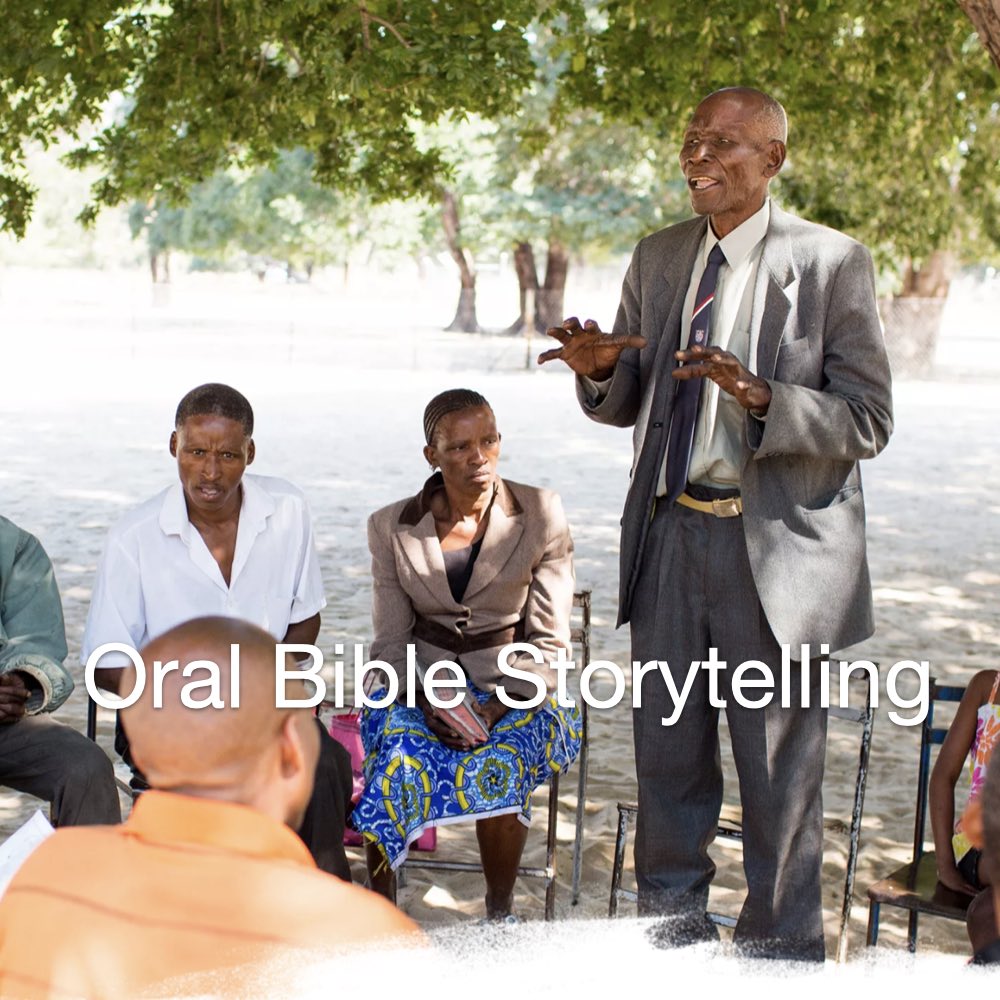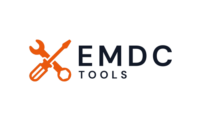
Oral Bible Storytelling (OBS), developed in Seed Company, is a methodology for engaging with language communities and partners to craft and tell Bible stories in their own languages with the idea that the storytelling will interest the community in translating the Bible into their language. OBS can also be a way for communities to engage with the scriptures in group settings and in a wide variety of ministries. The focus of the OBS training is on equipping the storytellers to tell the Biblical stories, improving their storytelling craft, and teaching other Bible storytellers in their communities. The OBS training occurs mainly in a workshop setting and is cyclic in nature, with periodic workshops interspersed with time in the community practicing the storytelling. The teams of storytellers craft the stories at the workshops, go through a peer review, and have the stories checked by a consultant. They then return to their communities and share the stories in various ministries and train others to tell the Bible stories.
In the process of learning OBS, the storytellers also learn Bible translation principles and good communication skills, and some storytellers move on to becoming translators. Part of the OBS approach is the systematic training of regional trainers who carry on leading OBS workshops in their regions and in other parts of the world.
Website: Seed Company
Typical Project
A team of 3-5 OBS Facilitators lead six 2-week workshops evenly spread over 2-3 years. The 4-5 participants of the storytelling teams (per language) are chosen by their church or their community and are committed to attending all of the workshops and sharing what they have learned in their community. The participants learn to tell 30-50 stories of the Bible in their own language over the length of the project. The project will serve 2-6 different language teams (4-6 storytellers in each team). The whole group decides together with the facilitators which Bible stories to learn. Story selection is negotiated by the language communities, partners, and OBS facilitators, generally starting with stories from Mark’s Gospel. Story selection varies from themes, books of the Bible, the lives of Biblical characters, and what represents untranslated scripture. The stories and storytelling are checked by translation consultants and checkers. Every effort is made to use local or regional consultants who better understand regional and local storytelling styles. Each language team develops a program plan to guide their activities between workshops. The local project coordinator(s) will follow up to pray, encourage, guide, and assist as needed to facilitate a successful project. There is a strong emphasis on using the local storytelling style in the crafting and performance of the stories.
OBS training emphasizes local sustainability. Two to three local staff members are trained from the very first workshop to lead the story internalization process and progressively take on additional training tasks as they demonstrate competency. Consultants and checkers are also trained to participate in the OBS checking. There are local OBS trainers available in Papua New Guinea, SE Asia, E Asia, S Asia, E Africa, W Africa, Mexico, and Jamaica.
There often is immediate impact between workshops (3-6 months) as the storytellers tell the stories in their communities (village, family, church). The storytellers are trained to tell the stories to a variety of audiences and prompt feedback on their storytelling and discussions about the story.
The OBS experience is excellent preparation for doing Bible translation whether it is oral or written.
A great deal of research in storytelling, Bible translation, orality, linguistics, and adult education principles has been incorporated into the OBS method.
Finer Details
Financial cost:
What personnel are needed to bring this resource to fruition, (make the resource available in another language)?
A team of 3-5 OBS Facilitators, 4-5. participants of storytelling teams per language
What challenges or difficulties are there using this resource?
People have some difficulty envisioning what an OBS project can look like.
What level of help is available?
Advanced – a ministry could be there to support you with workers and partnership.
Unique Characteristics
OBS is likely very fitting if you observe the following in your community:
- The full Bible is not available in the particular language and the language community is interested in doing Bible translation eventually.
- People want to learn to tell Bible stories in their daily life and in various ministries.
- People want to explore the Bible and engage with it.
- There are a group of languages (no more than 6) that would like to work together on learning OBS.
- Church leaders would like to learn a method that requires little to no equipment and is easily replicable for engaging the scriptures.
